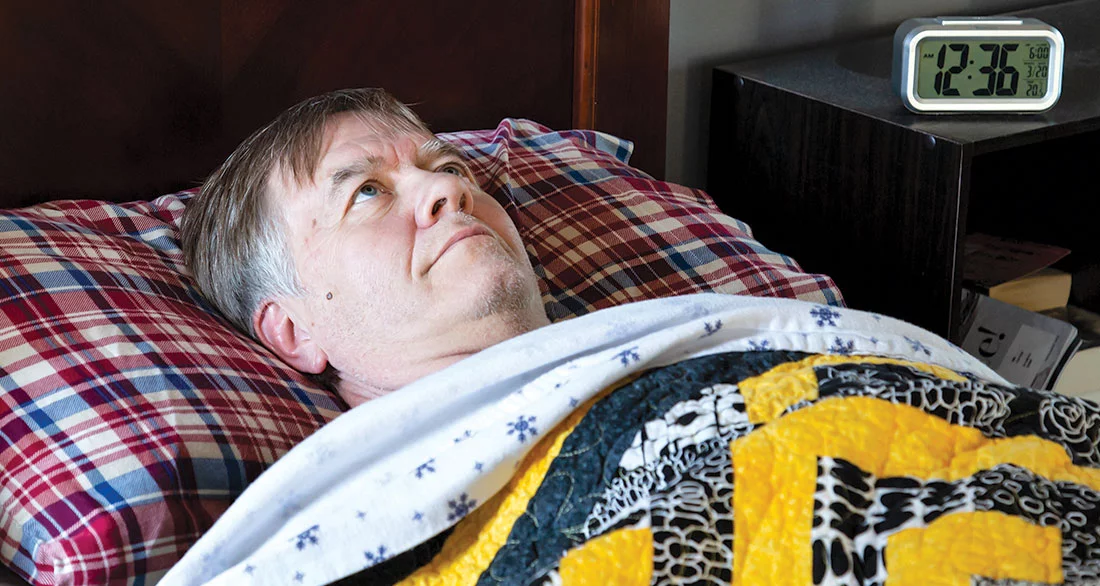Whitehorse Sunrise at 10:51 a.m.
My wife and I were in Mazatlán, Mexico earlier this year. The timing of the sunrise and sunset got me thinking about the differences in the Yukon and what effects this might have on people. In Mazatlán, the length of the day on the summer solstice is just over 13.5 hours, while on the winter solstice, it lasts 10.75 hours. This is a swing of only 2.75 hours and that gap closes the closer you get to the equator. In Nairobi, Kenya, the hours of daylight between June and December vary by only eight minutes!
But we live in the Yukon and deal with extreme differences in the amount of sunlight we get. At the summer solstice on June 21, we experience over 19 hours of potential daylight, compared to only slightly over 5.5 hours on the winter solstice. That’s a difference of roughly 13.5 hours over six months!
What effect can this have on us? What does the science say? What do Yukoners say? I decided to find out.
The potential impact the lack of sunlight can have on mental health (ie: seasonal affective disorder) is well-known. The potential physical effects are less widely known. The UV rays in sunlight trigger a photosynthetic process in the skin that produces vitamin D. Vitamin D is crucial for bone health and for keeping the immune system going strong. Severe deficiency of vitamin D can trigger ailments such as rickets, a weakening of the bones that can cause skeletal deformities and dental issues. One recent study even associated vitamin D deficiency with an increased risk of dementia and Alzheimer’s disease.
But what about the lack of darkness around the summer solstice? People complain much less about the lack of darkness in the summer than they complain about the lack of light in the winter, which is understandable. The lack of darkness does not inhibit our ability to walk in the woods well into the evening or read a book by the window before breakfast. Put simply, darkness is usually considered heavy and bleak, while sunshine is light and freeing.
But is it all sunshine and light? Circadian rhythms are physical and mental changes that mainly correspond to a 24-hour cycle. Most people experience major disruptions in circadian rhythms in the form of jetlag. It’s not so much the adjustment to earlier or later waking times that cause the headaches and mental fog and indigestion, but the whole body’s adjustment to different cycles of light and corresponding rhythms for internal body temperature, hormone release and digestion. In the northern summers, the juxtaposition of drastic seasonal shifts and maintenance of the same old daily habits leaves northerners at risk of being perpetually jetlagged.
So what impact do the extremes of sunlight and darkness have on Yukoners? I thought I would get some sense of it by doing a quick survey. I make no claim that this survey is representative of Yukoners, as the sample size was very small and probably not statistically valid. While the results were not surprising, it was informative. I asked six questions:
1) How long have you lived in the Yukon? Contrary to my expectations, there was no clear correlation between the length of time one lived in the Yukon and their acceptance of the extremes of daylight.
2) Does the darkness in the winter here bother you? Fifty-five per cent said yes.
3) If the darkness bothers you, does it bother you a little or a lot? If it is a lot, describe in what way. Of those who found it bothersome, 63 per cent indicated that it only bothered them a little. Comments ranged from minor annoyance to significant physical and mental health issues.
4) Does the lack of darkness in the summer here bother you? Twenty-eight per cent answered yes.
5) If the lack of darkness bothers you, does it bother you a little or a lot? If it is a lot, describe in what way. There were no responses indicating it bothered them a lot.
6) Would you rather live somewhere where the amount of daylight is consistent throughout the year? Seventy-five per cent said no. There were a few comments about how the swings in daylight make the Yukon special.
And what about me, the transplanted big city guy? I guess I am kind of in the middle, as I often am, in terms of how I feel about the seasonal changes in sunlight. Yes, the extremes bother me, but only a little. Given my druthers, and setting aside all other factors, I would rather live somewhere with less extreme differences in sunlight, but certainly not near the equator where there is no variation.
So, where does all this leave us? One conclusion is that things aren’t always easy north of sixty, but Yukoners make the best of it and sometimes even revel in our uniqueness and the required adjustments we must make. It would be interesting to hear the views of people who lived near the equator what they think of the lack of change in daylight.





